In order to accomplish its goals for process improvements in any area, especially in material handling, the plant must take advantage of the knowledge base available from qualified key suppliers.
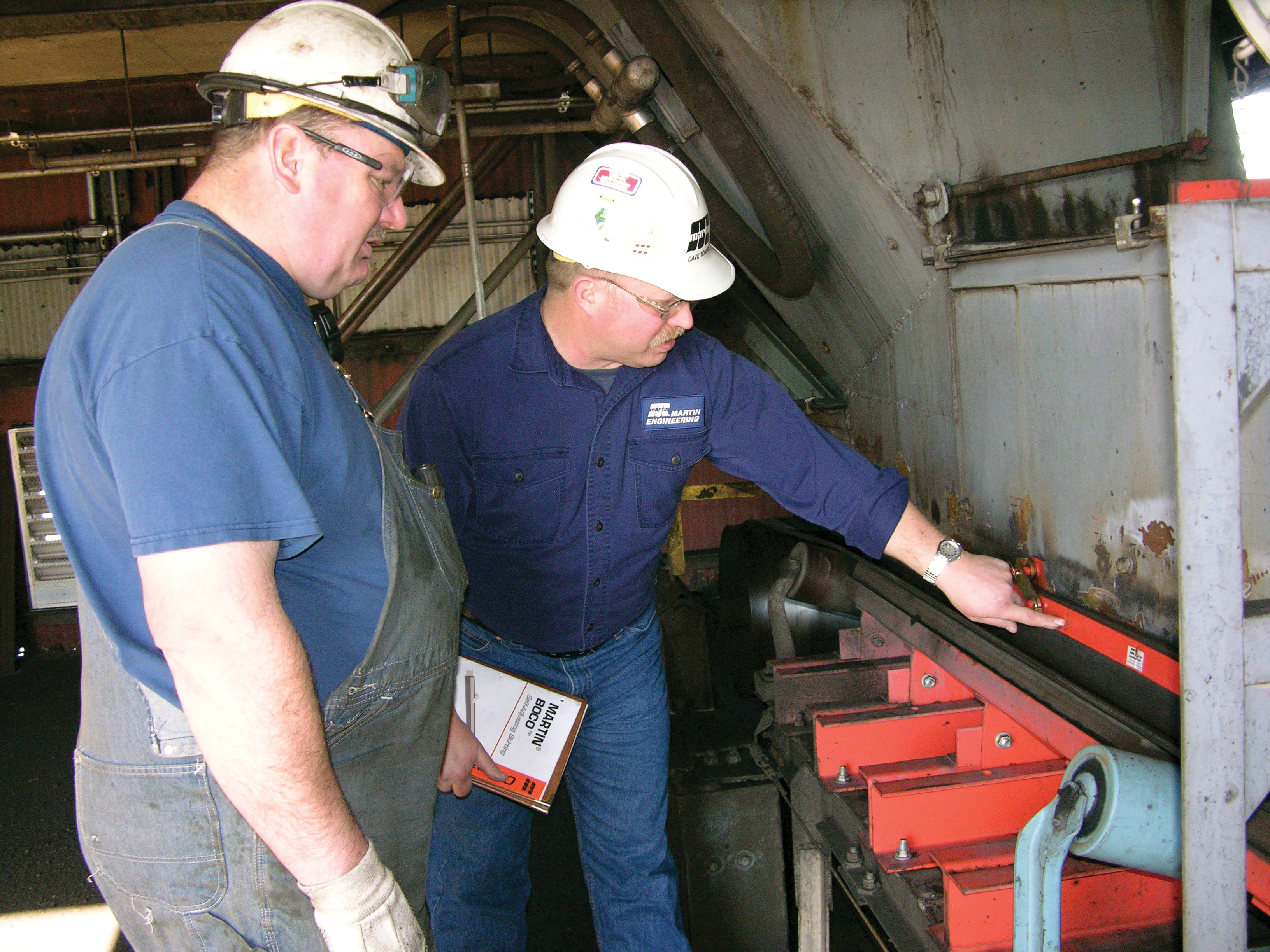
An open relationship with key suppliers can be a major competitive advantage while business environments change continuously. Too often, project work has been contracted to installation and maintenance companies that do not specialize, but only generalize, leaving cost overruns and equipment that does not perform to expectations. When suppliers must funnel their products and services through a few master distributors to reach the plant, the plant personnel are isolated from a significant resource for problem solving—those manufacturers are service companies with expertise in specific technical areas.
There is often a fear that outsourcing will mean less work for the employees and thus reduce job security. Service on the systems that control fugitive material is often the lowest priority in the daily maintenance schedule and is almost never a priority during shutdowns. Even though managers will argue that they have the in-house people with the time to do the work, the reality is that employees are usually neither trained nor motivated to take the steps necessary to control fugitive materials and are rare pressed by the crisis of the moment. As a consequence, the work simply does not get done. Skilled maintenance personnel should focus on what they do best: There is never a shortage of core maintenance work that requires specialized knowledge of a plant’s process and its maintenance procedures.
A qualified supplier organization will have experienced and knowledgeable sales personnel and corporate resources, including applications experts, industry managers, product engineers, project engineers and installation specialists, who can make significant contributions to a plant’s program for containing spillage and controlling fugitive dust. The key is for suppliers to become partners with the plant.
A comprehensive belt conveyor system survey can identify opportunities to improve system performance, increasing productivity, lowering the cost of operation, and improving safety.
Often, this partnership concept has failed, because of a failure to recognize the expertise of the supplier and the importance of the supplier’s knowledge and experience bring to plant personnel.
Relationships will flourish if the supplier is skilled in overcoming common resistances to change in an organization.
One common, but often unstated, problem is sometimes referred to as the “Not Invented Here” (NIH) syndrome. This “condition” refers to an individual’s or organization’s inability to accept solutions—equipment or ideas—that were not developed internally. An experienced supplier will help find ways to allow changes in the “standard operating procedures” so improvements are made without causing hard feelings.
Suppliers who strive to become part of the team and are capable of adapting to the unique environment of each plant are much more likely to succeed at building a long term, mutually beneficial relationship. Suppliers and sales representatives have to be sensitive to these issues and be prepared to make changes at the first signs of incompatibility.
Total material control requires a great deal of specialization and attention to detail. When choosing a consultant or service company to assist in achieving total material control, careful consideration must be given to the supplier’s core competencies and ability to fulfill the commitments made. The capability of the supplier to engineer situation-specific solutions, to manufacture and install them and then maintain them to a single performance standard is a strategic advantage for the plant and for the supplier.
A partner will share in the risk and the reward of system improvements. More importantly, a partner earns the right to be there, with energy, effort and results. The key to success in this partnership is for both the operation and the supplier to establish a long-term relationship centered on improving efficiency and profitability. The most essential ingredient of this process is open and honest two-way communication between vendor and plant leading to mutual trust.

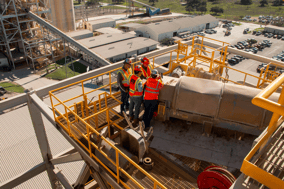

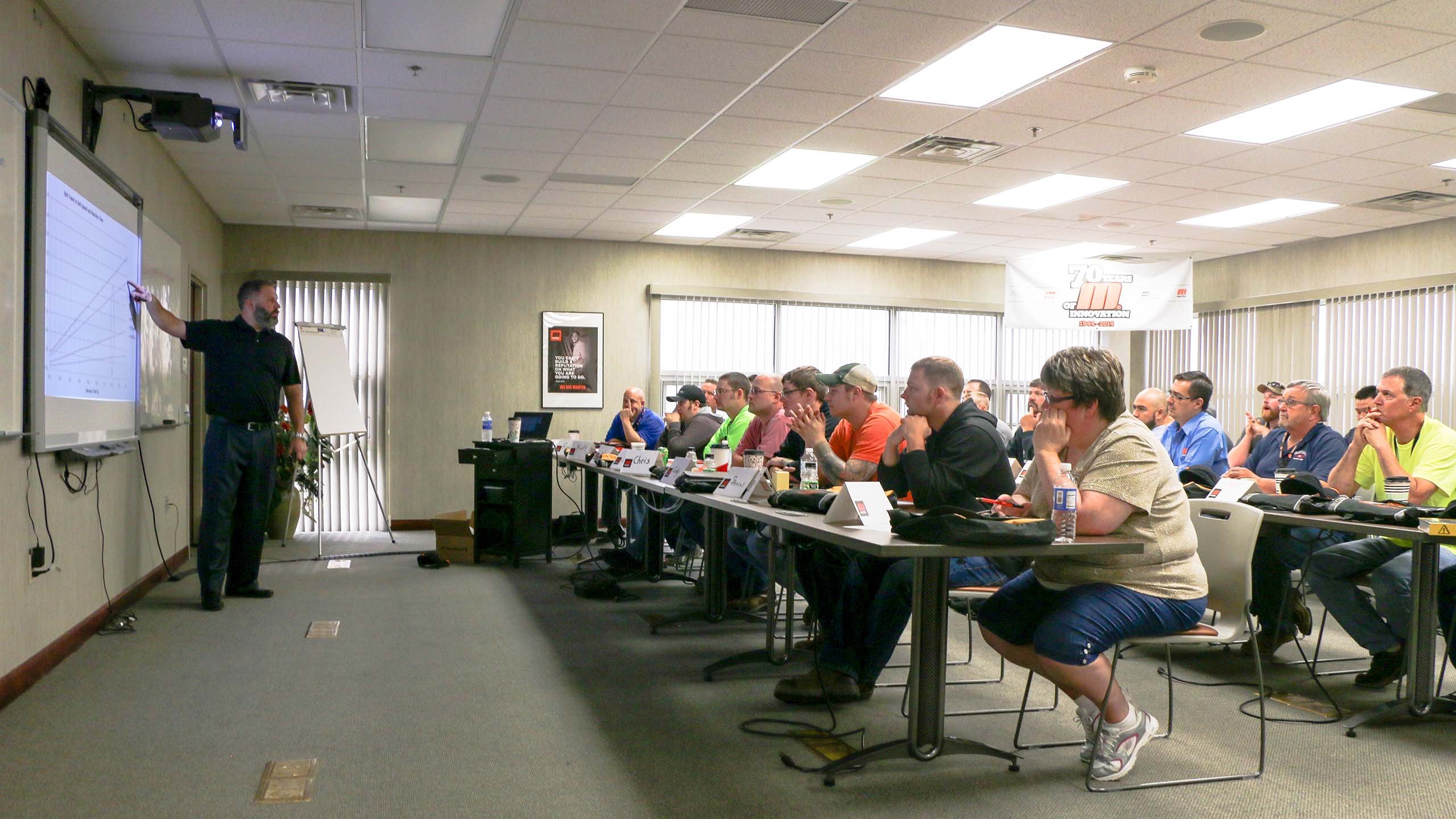

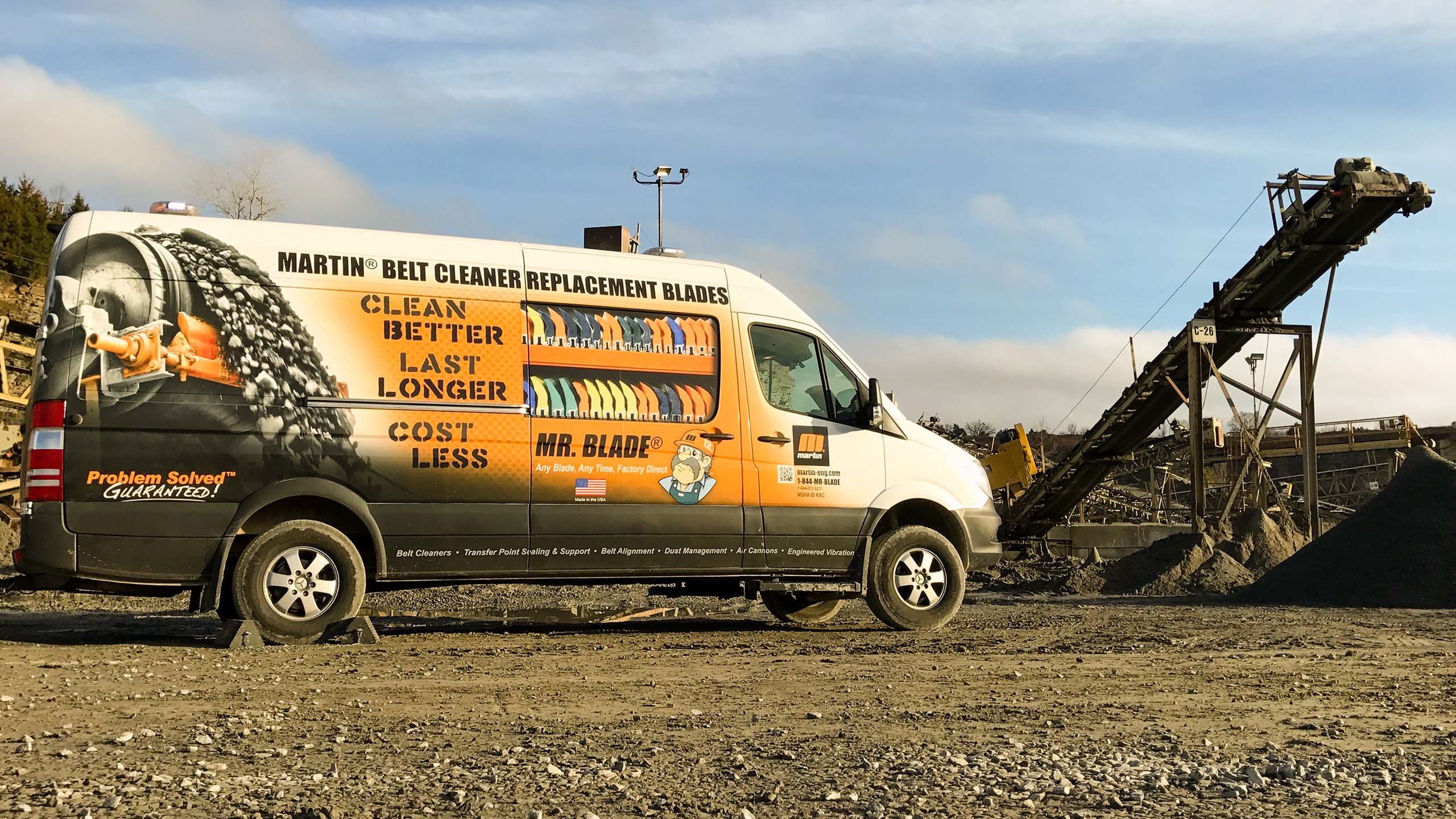

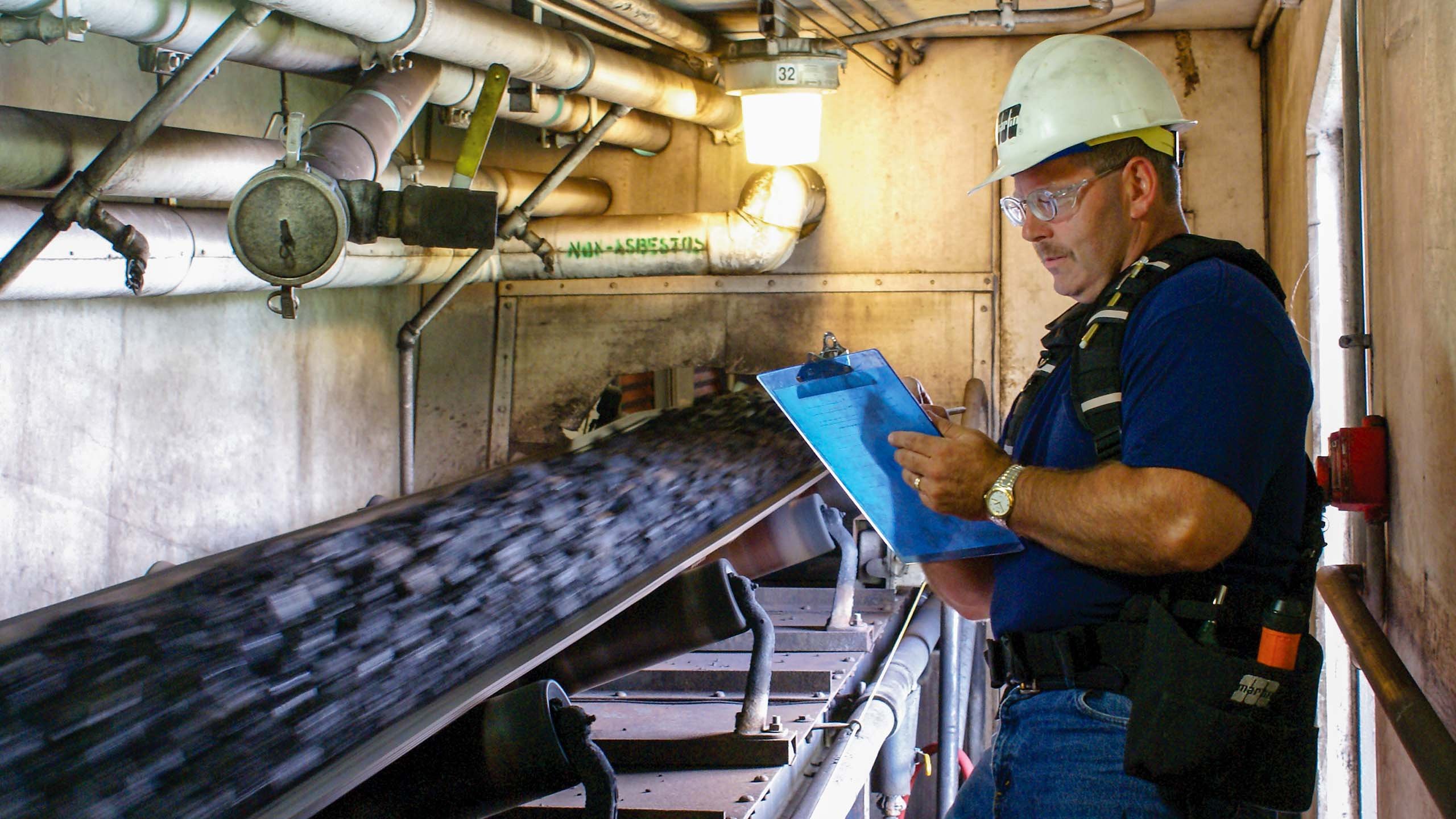












Leave Comment